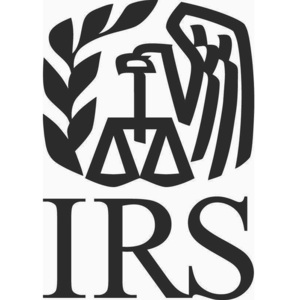Treasury, IRS issues guidance on new SAF tax credit

December 27, 2022
BY U.S. Treasury Department
The Treasury Department and Internal Revenue Service on Dec. 19 issued a notice regarding the sustainable aviation fuel (SAF) credit. This is a new credit created by the Inflation Reduction Act of 2022. It applies to a qualified fuel mixture containing sustainable aviation fuel for certain sales or uses in calendar years 2023 and 2024.
Notice 2023-06 explains the requirements for the fuel to be eligible for the SAF credit, the various methods in which a claimant may claim the credit, and which parties must be registered for the different activities in the process. The notice also asks for public comments on various aspects of the statute, which will help Treasury and IRS in developing additional guidance.
The SAF credit is $1.25 for each gallon of sustainable aviation fuel in a qualified mixture. To qualify for the credit, the sustainable aviation fuel must have a minimum reduction of 50 percent in lifecycle greenhouse gas emissions. Additionally, there is a supplemental credit of one cent for each percent that the reduction exceeds 50 percent. The notice provides a safe harbor for calculating the lifecycle greenhouse gas emissions reduction percentage.
Finally, the notice explains that a claimant may choose how to claim the Sustainable Aviation Fuel Credit. The first is through the excise tax system. The second is a general business credit that is nonrefundable and must be included in income. Notice 2023-06 also clarifies what constitutes sustainable aviation fuel and a qualified mixture.
Advertisement
Advertisement
Advertisement
Advertisement
Related Stories
The U.S. Energy Information Administration maintained its forecast for 2025 and 2026 biodiesel, renewable diesel and sustainable aviation fuel (SAF) production in its latest Short-Term Energy Outlook, released July 8.
XCF Global Inc. on July 10 shared its strategic plan to invest close to $1 billion in developing a network of SAF production facilities, expanding its U.S. footprint, and advancing its international growth strategy.
U.S. fuel ethanol capacity fell slightly in April, while biodiesel and renewable diesel capacity held steady, according to data released by the U.S. EIA on June 30. Feedstock consumption was down when compared to the previous month.
XCF Global Inc. on July 8 provided a production update on its flagship New Rise Reno facility, underscoring that the plant has successfully produced SAF, renewable diesel, and renewable naphtha during its initial ramp-up.
The U.S. EPA on July 8 hosted virtual public hearing to gather input on the agency’s recently released proposed rule to set 2026 and 2027 RFS RVOs. Members of the biofuel industry were among those to offer testimony during the event.
Upcoming Events










